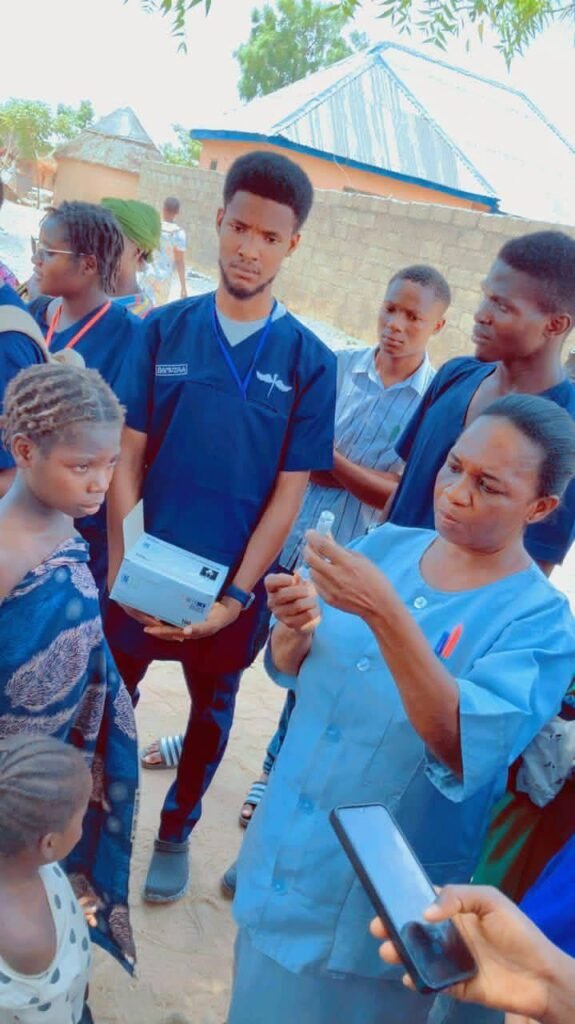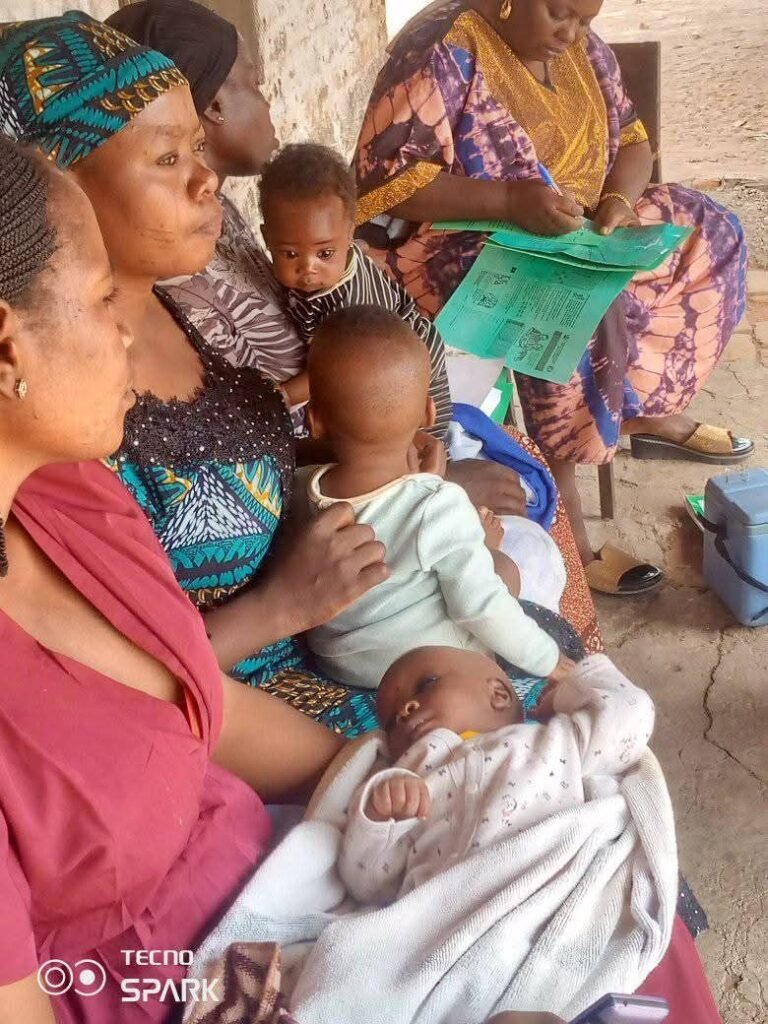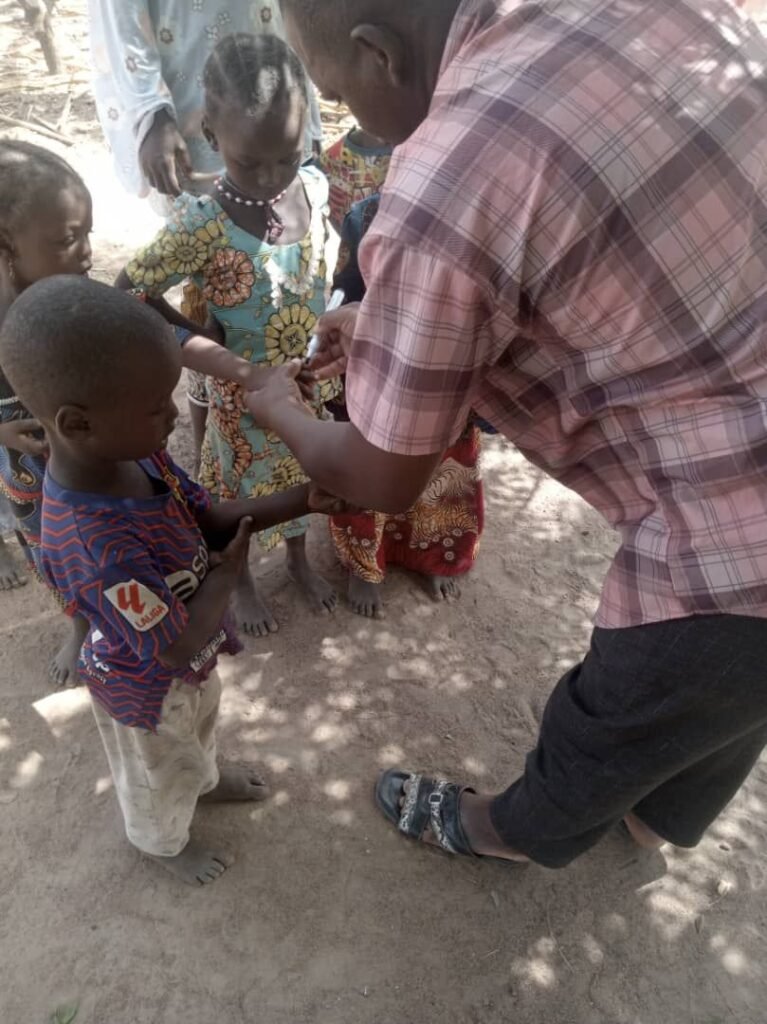By Nabeela Yakubu Jalo
Taraba State has recorded remarkable progress in immunisation coverage over the past two years. In 2022, about 24% of children in the state had not received any vaccines, classifying them as zero-dose children. By mid-2024, that number dropped significantly to just 4%. Additionally, the proportion of fully immunised children has risen from 49% to nearly 80%, marking a significant public health achievement.
This transformation is led by Mrs. Rhoda Lodiya, who heads the state’s immunisation strategy. She attributed the success to strong collaboration with partners like GAVI, which provided critical support such as motorcycles, vehicles, and fuel to reach remote communities. Despite logistical challenges, especially in hard-to-reach and insecure areas, the state’s health teams have managed to expand coverage considerably.

Women have played a central role in the immunisation drive. Community volunteers like Maryam Muhammad have gone door-to-door, mobilising households, while mothers such as Nafisa Aliyu ensure their children never miss vaccination appointments. However, vaccine resistance still exists, as illustrated by the case of Ummul Inuwa, whose husband initially rejected immunisation until local leaders intervened.
Health officials also face other obstacles including misinformation and difficult terrain. Hadiza Usman of the State Primary Health Care Development Agency noted that outreach teams often walk long distances and confront hostility. Yet their determination continues to drive the programme forward, especially in rural and underserved communities.

Traditional and religious leaders have become powerful allies in promoting vaccine acceptance. The Galadiman Muri, District Head of Jalingo, emphasized the importance of grassroots advocacy, while faith leaders like Bishop Ande Emmanuel and Imam Mustapha Nuhu Badamasi now preach openly in support of immunisation, helping to break down earlier misconceptions tied to religion.
The success of Taraba’s immunisation campaign is a testament to what is possible when communities, government, and partners work together. Through resilience, education, and strong leadership, the state has moved from high levels of vaccine rejection to one of the highest immunisation coverage rates in the region—offering children a healthier and more secure future.
This documentary is sponsored by the Centre for Communication and Social Impact (CCSI).


6 comments
This thing came at the right time for me my sister even had an issue because she refused to take her daughter for vaccination. The husband had to sent her back home. Now, I played it for her to listen, and thank God she said she won’t ever allow her daughter to miss any vaccination again.
The awareness is down successful and I have the assurance,parents will always take their children for vaccination the time.
This is a very good presentation
I really enjoyed the program. It was so educative
I once take my child for a vaccination he seriously cried because of the injection i said we are not coming again but because of this program by God grace we are going for our 6 month vaccination i really enjoy the presentation
This presentation was insightful and well-structured, highlighting the importance of vaccines in preventing infectious diseases. The speaker effectively used data to show progress and coverage across target populations. I appreciated the emphasis on community engagement and awareness. The inclusion of challenges and strategies to improve outreach was commendable. Overall, it was a comprehensive presentation that reinforced the critical role of immunisation in public health.